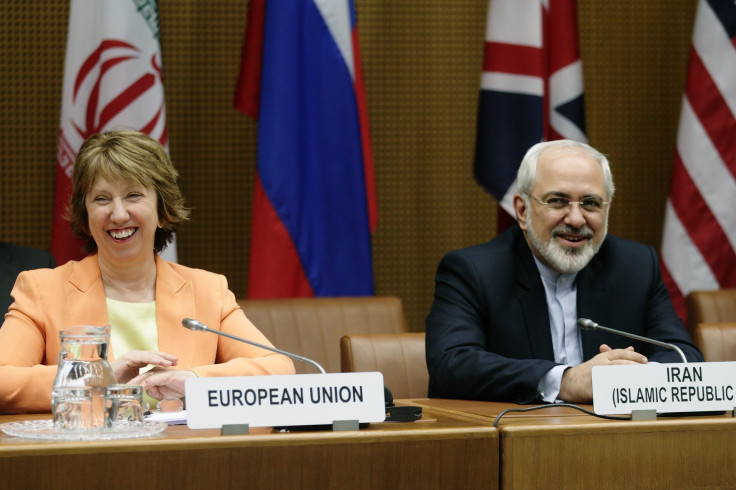World Powers Deadlocked Over Iranian Nuclear Reactor Issue At Vienna Meeting; Iranian Foreign Minister Confident About Long-Term Nuclear Deal And Lifting Of Sanctions

World powers were unable to reach a conclusion Wednesday about the future of Iran's planned nuclear reactor that western nations fear could help the country produce weapon-grade plutonium, while the U.S. warned of “hard work” ahead to overcome differences when the sides meet again in April, news reports said.
The meeting in Vienna on Wednesday was the second such gathering of six nations -- U.S., China, Russia, Germany, France and UK -- and Iran, to discuss the level of uranium enrichment going on at the heavy-water reactor in Arak in northwestern Iran, which is viewed by western nations as a possible source of plutonium that could be used to produce bombs. Although no headway was made at the Vienna meeting, the countries reportedly described the event as “substantive and useful,” and announced another meeting between April 7 and April 9.
“We shared with Iran ideas that we have,” a senior U.S. administration official said, according to Reuters. “We have long said that we believe that Arak should not be a heavy water reactor as it is; that we did not think that that met the objectives of this negotiation. And so of course we are having discussions about how to address that.”
The goal of these meetings is to go beyond the existing mutual mistrust between Iran and western nations and allow Iran to assure the world that it will not manufacture atomic bombs and help rid itself of economic sanctions that have crippled the nation's economy. Iran has denied claims that its atomic energy program is a facade to hide its ambitions to build nuclear weapons, while western countries have expressed concerns over Iran's reluctance to allow a full inspection of its Arak nuclear reactor by the United Nations.
Iranian Foreign Minister Mohammad Javad Zarif reportedly expressed confidence about a long-term nuclear deal, which he predicted could be signed by the target date of July 20, and expressed hope that sanctions, which were placed as Tehran increased its nuclear activities in the last 10 years, would also be lifted soon.
"There are signs that an understanding is possible that respects the rights of the Iranian nation," Zarif said, according to Fars News Agency, an Iranian news organization. "It is planned that we start work during a meeting scheduled for the month of Ordibehesht (April 21 to May 21)... on drafting the text of an agreement," Zarif said. "That is to say we will have spent three months conducting comprehensive negotiations and will spend the next three months drawing up the final agreement."
© Copyright IBTimes 2025. All rights reserved.





















